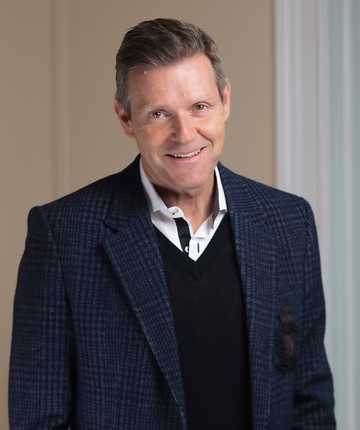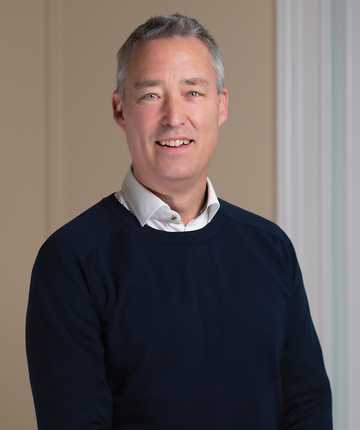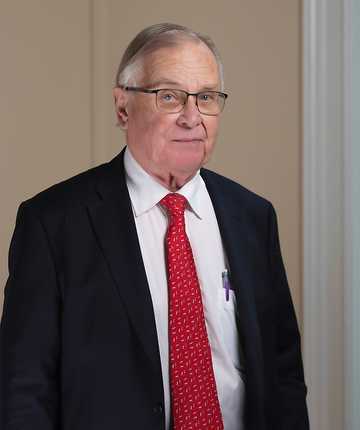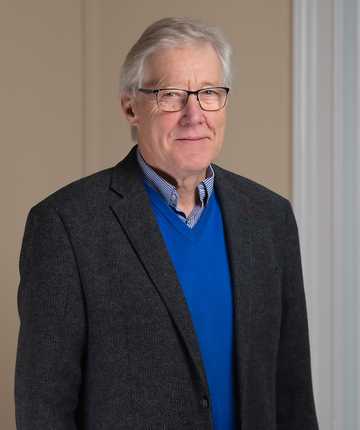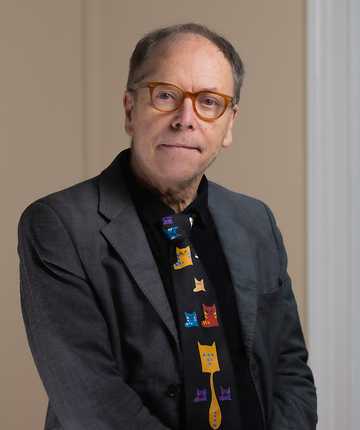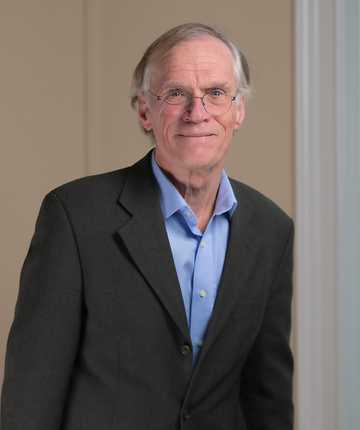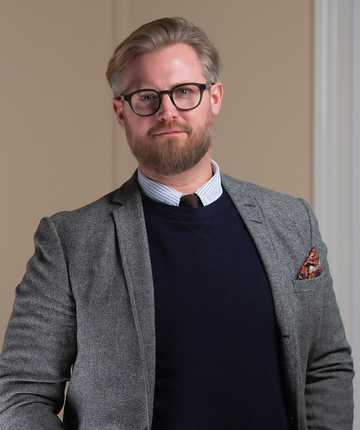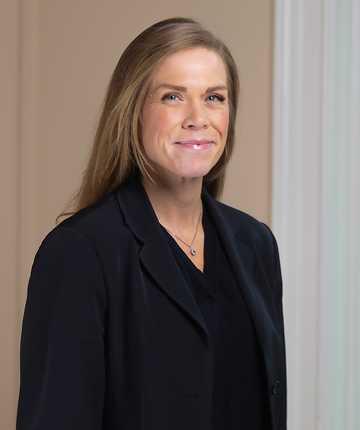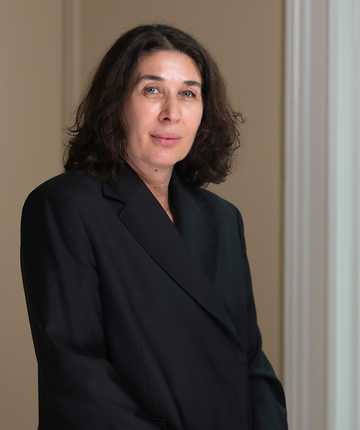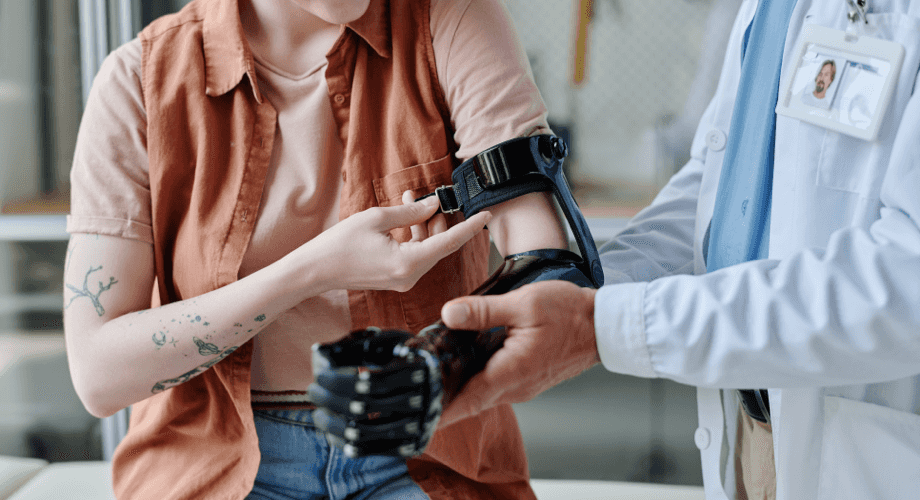
About the Foundation
WHO WE ARE

What We Do
The Board
![Foto föreställande Jan Bernhard Waage]()
Jan Bernhard Waage
Chairman
![Foto föreställande Eric Persson]()
Eric Persson
Vice Chairman
![Foto föreställande Tommy Trollborg]()
Tommy Trollborg
Secretary General
![Foto föreställande Bo Engman]()
Bo Engman
Member and Chief Medical Engineer
![Foto föreställande Olle Söder]()
Olle Söder
Member and Professor at Karolinska Institutet
![Foto föreställande Olle Nilsson]()
Olle Nilsson
Member and Professor at Uppsala University
![Foto föreställande Eva Larsson]()
Eva Larsson
Member
Office
![Foto föreställande Patrik Malmunger]()
Patrik Malmunger
CEO
![Foto föreställande Tove Alm]()
Tove Alm
Scientific Director
![Foto föreställande Dragana Krstic]()
Dragana Krstic
Assistant
Deputy Members
Kaj Sigstam, Civil Engineer, 1974
Technical and Scientific Committee
Olle Nilsson, Chairperson, Professor at Uppsala University, Academic Hospital
Olle Söder, Professor at Karolinska Institutet
Bo Engman, Chief Medical Technologist
Bo Håkansson, Professor at Chalmers University of Technology
Christina Brogårdh, Professor at Lund University
OUR HISTORY
The story of the Promobilia Foundation is largely the story of Dr. Per Uddén, a provincial physician. In his work, Per encountered a large number of patients with diverse needs in their daily lives. One patient group he felt had inadequate support in their daily lives were individuals dependent on wheelchairs to manage their daily activities. These patients could not venture out on their own, neither for walks in the city nor in nature, and therefore struggled to live independent and active lives. Per therefore took it upon himself to create a self-driving wheelchair capable of overcoming the challenges of navigating both urban and natural environments. To finance this work, the predecessor to the Promobilia Foundation, the Foundation for Technical Support for the Handicapped, was established. Through volunteer efforts selling various types of handicrafts and persistent lobbying efforts up to the government level, Per succeeded in advancing his wheelchair project - the Per-Mobile.
The Promobilia Foundation is committed to effecting tangible change, and by successful management of the foundation’s resources, increased grants are made possible. In the past year, the foundation achieved a significant milestone by disbursing over 50 million SEK for the first time.
After six decades of dedicated service as chairman of the Foundation, Kaj Sigstam passed the baton to Jan Bernhard Waage. On January 1, 2023, Patrik Malmunger assumed the role of CEO and head of the office, succeeding Eva Larsson. In a bid to further enhance its operations, the Promobilia Foundation recruited its first-ever Chief Scientific Officer, Tove Alm.
Strategic Initiative
Center for Bionics and Pain Research (CBPR)
An interdisciplinary center was established in Gothenburg to advance research, development, and clinical implementation of novel treatment modalities for sensory and motor disabilities, including amputations and nerve injuries. The center serves as a collaborative platform between Chalmers University of Technology, Sahlgrenska University Hospital, and the University of Gothenburg.
Strategic Initiative
EMG control, Sensations, and Sensing for prosthetics (ESSE).
EMG control, Sensations, and Sensing for prosthetics (ESSE).
At Lund University, a project called EMG control, Sensations, and Sensing for prosthetics (ESSE) is initiated with the aim of improving the control of advanced prosthetics. The objective is to understand and enhance the user’s control over the prosthesis and create a natural sensation through electrical stimulation and audiovisual stimuli.
Strategic Initiative
MoveAbility Lab
MoveAbility Lab is established at KTH, focusing on developing technology that deciphers and enhances human movement. The goal is to create customized aids for individuals with mobility issues, both children and adults.
Sale of Permobil AB
To enhance its focus on supporting the development of technical aids for individuals with disabilities, Permobil AB was sold in 2005 to Nordic Capital. The proceeds from the sale provided the foundation with increased resources to contribute long-term to the development of technical aids for individuals with disabilities, while Permobil gained an owner with the capital and expertise to drive the company forward for the benefit of all. Since 2013, Permobil has been owned by Investor.
The Foundation changes its name to Promobilia
In 1995, Per Uddén was appointed as an honorary doctor of medicine at the Karolinska Institute. The honorary award was bestowed upon him for his pioneering contributions in two areas. Firstly, for his innovative work in developing the individually adapted electric wheelchair, Permobil. Secondly, for his involvement in the field of dyslexia. The motivation highlights his interdisciplinary efforts and projects.
During this era, the Promobilia Foundation was established, and the creation of the Permobil took shape. To realize the idea of an electric wheelchair, not only technical solutions were needed but also financial support. When development aid was not granted, Per Uddén initiated the establishment of the Technical Aid for the Disabled Foundation, now known as the Promobilia Foundation. About thirty volunteers within the foundation worked to raise funds through the sale of stamps and simpler decorative items to companies and individuals. These funds were successfully used for the development of electric wheelchairs.
The foundation was not only successful in raising funds for the benefit of the disabled but also in managing these funds. A significant portion of the foundation’s resources could be invested in projects at Permobil AB. The wheelchair was further developed and became known as Permobil. Permobil had been based in Timrå since the mid-1970s, focusing on the development, production, and sale of electric wheelchairs.
